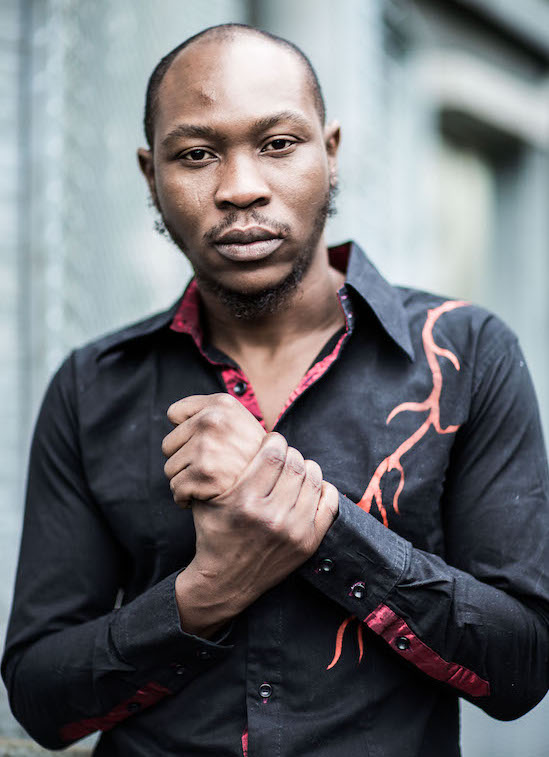"My life was music," said Seun Anikupapo Kuti of his upbringing in the Kalakuta Republic, the communal home of his father Fela Anikulapo Kuti in Lagos, Nigeria.
During weekly performances at music venue, The Shrine, Fela had a platform to educate his listeners on human rights, corruption and political issues with his message soundtracked by Afrobeat music – created by combining elements of jazz, highlife, funk, soul and traditional Yoruba music in long-form songs performed by his groups Africa ’70 and Egypt ’80.
"It was like being completely immersed in something," said Kuti. "My father was a musician; my mother was in the group. Everybody in the house was involved with the group. My father’s business was The Shrine and this was the life. So there was no specific time. I grew up knowing music, and that was all. It was a very musical community and there were musicians practising all the time, so you would understand the concept of instrumentation, and the musicianship."
Following his father’s death in 1997, Seun became frontman of Egypt ’80 at the age of 14. Kuti’s Baker’s Dozen selections include albums by like-minded artists that opened up new worlds and ways of thinking to listeners through their message – something he continues with his own music. As his father’s music was ignited with a sharp firebrand political polemic, on Seun’s new album with Egypt ’80, Black Times, songs like ‘Struggle Sounds’ give a voice to people who may not otherwise be heard. On opening track, ‘Last Revolutionary,’ Kuti defiantly makes the point that marginal voices will always exist, with the chorus, ‘To be free, You and me, We’ll never see the last revolutionary.’
While Afrobeat music was always around in the Kuti household, music that shared a similar political outlook to his fathers could also be heard.
"Oh yeah, of course," said Kuti. "Hip hop has always been big. For black people, most of the consumer art is very controlled. The political aspect of it is; the American Dream has to be sold to the motherland people. This is the reason why so much money is spent, picking up black and hip hop musicians, so their music can be sold to Africans as the American Dream."
Halfway through a European tour in support of new album, Black Times, Seun Anikulapo Kuti took time out from his busy schedule to talk about the albums that have left a lasting impression. The interview takes place at the Brixton headquarters of Kuti’s new label Strut and we listen to Kuti’s selections through his mobile phone speakers.
While discussing his favourite albums, Kuti’s current musical activities are never far from his mind.
"When we are touring I have been working on trying to make sure the tour is successful, promoting the shows, getting the group ready," said Kuti. "In the back of my mind I am also trying to think of the next project. There is the obvious project, which is my record, always the next record. I have also been thinking of things to do, outside my traditional projects."
Black Times is out now on Strut. Click the photo of Seun Anikulapo Kuti below to begin reading his choices


